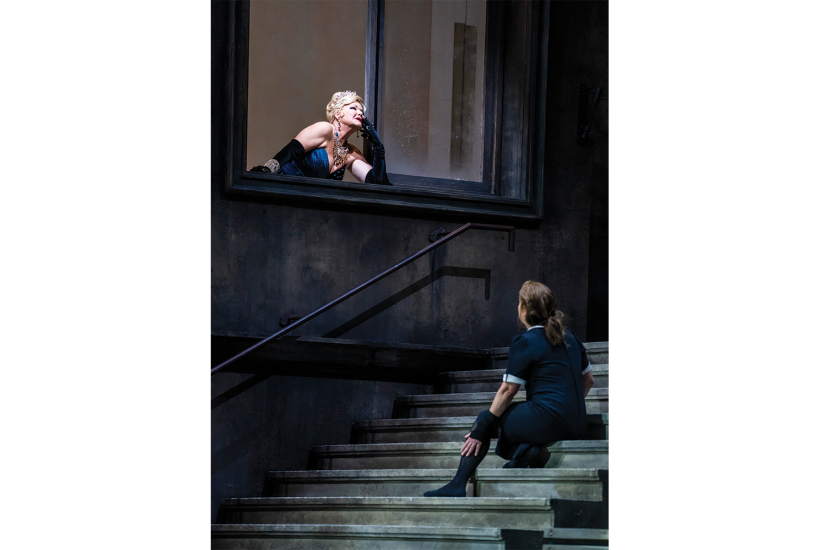Aristotle wrote that classical tragedy should evoke pity and awe. With Richard Strauss’s Elektra, the awe can be taken as read: a certain irreducible level of epicness is written into the score, even if – like Sir Antonio Pappano on the first night of this new production at the Royal Opera – a conductor takes the composer’s advice and treats it like Mendelssohn’s ‘fairy music’.
Already a subscriber? Log in
Subscribe for just $2 a week
Try a month of The Spectator Australia absolutely free and without commitment. Not only that but – if you choose to continue – you’ll pay just $2 a week for your first year.
- Unlimited access to spectator.com.au and app
- The weekly edition on the Spectator Australia app
- Spectator podcasts and newsletters
- Full access to spectator.co.uk
Or
Unlock this article
You might disagree with half of it, but you’ll enjoy reading all of it. Try your first month for free, then just $2 a week for the remainder of your first year.








Comments
Don't miss out
Join the conversation with other Spectator Australia readers. Subscribe to leave a comment.
SUBSCRIBEAlready a subscriber? Log in